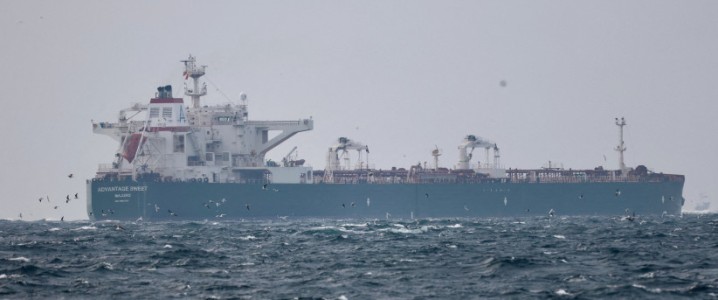The U.S. Treasury Department on Thursday unveiled fresh sanctions targeting Iran’s covert oil trade and Hezbollah-linked financial activity, ratcheting up pressure on Tehran even as Chinese refiners continue importing Iranian crude at high volumes.
The sanctions hit a smuggling network run by Iraqi businessman Salim Ahmed Said, who the Treasury says has been disguising Iranian oil as Iraqi crude since 2020—generating billions in revenue for Tehran. Several vessels were also sanctioned for aiding the operation, part of what the U.S. calls Iran’s “shadow fleet.”
At the same time, Washington sanctioned officials tied to Al-Qard Al-Hassan, a Hezbollah-controlled financial institution accused of masking millions in transactions that ultimately benefited the group. “Treasury will continue to target Tehran’s revenue sources and intensify economic pressure to disrupt the regime’s access to the financial resources that fuel its destabilizing activities,” Treasury Secretary Scott Bessent said in a Thursday statement.
Despite the new sanctions, Iran’s crude is still flowing freely into China. In the first half of 2025, Chinese ports took in nearly 1.4 million barrels per day of Iranian oil—often transferred ship-to-ship and routed through Malaysia to dodge detection. Officially, China hasn’t reported any Iranian crude imports since 2022.
These shadow shipments brought Iran nearly $1 billion in June alone, according to Kpler data cited by Bloomberg. And they show no sign of slowing: Chinese “teapot” refiners have ramped up purchases of the heavily discounted barrels amid peak summer demand.
Analysts expect the trend to continue, especially after President Trump said last month that China was free to buy Iranian oil, signaling a selective tolerance of these flows—even as Washington hits the same system with new sanctions. The result: a muddled policy that lets Tehran keep exporting oil, even while its middlemen and proxies come under fire.
By Julianne Geiger for Oilprice.com
More Top Reads From Oilprice.com:

